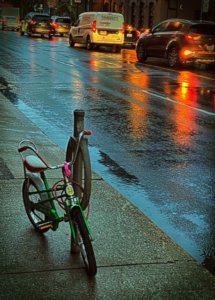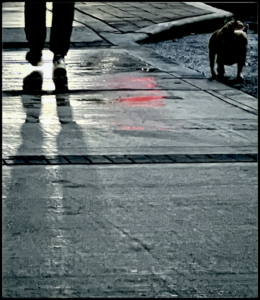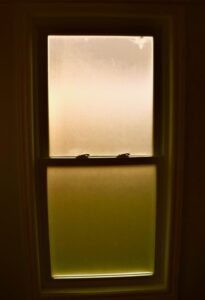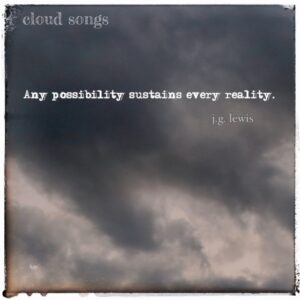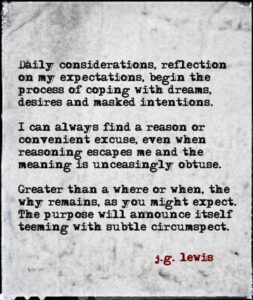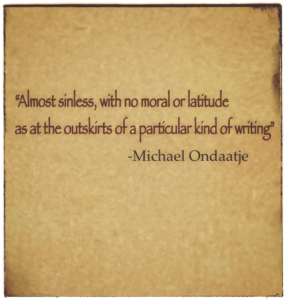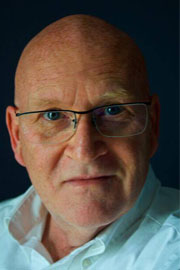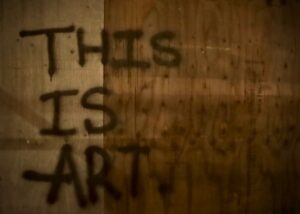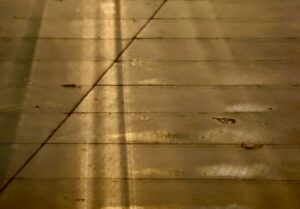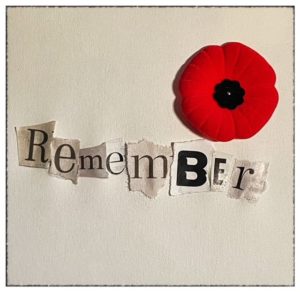 I have no space in my heart for war.
I have no space in my heart for war.
I am fearful, and saddened, by continued conflict on foreign soils that I have grown up watching on television and reading in the news. I cannot get past the hatred expressed by bombs, and guns, and the death of innocents unable to defend themselves.
I am distressed by the threat of war. I have no space in my mind to even try to comprehend such action.
I have no room in my heart for war.
I do, however, have the greatest respect for those who have served this country, or made the ultimate sacrifice, so that I, that we, may live as we do now.
It is not hypocritical.
It is honest.
I grew up listening to the horrors of war. I grew up attending, annually, Remembrance Day ceremonies. Armistice Day, as observed by commonwealth nations, marks the end of the First World War. We learned of the war, and those that followed, from a very young age, in textbooks, through the media, or from our parents.
The stories were not lost on me, but truly didn’t sink in until the end of my teenage years.
As, then, staff photographer at a mid-sized daily Canadian newspaper, I was assigned to cover the annual November 11 ceremony at a cemetery on the outskirts of the city.
As a photographer you learn to hover on the edges of an event. I, not wanting to disrupt the ceremony — and wanting to pay respect to those who were there for greater reasons than I — tucked myself behind a tree, attached my telephoto lens, then watched and waited for the right shot.
The crowd was not small, rain threatened, and veterans still stood tall in their uniforms, blue blazers and berets, medals displayed proudly. Their postures straightened as a bugle played The Last Post.
I watched as a man in a wheelchair began to shudder, his head bowing down. I then watched as the soldier next to him reached over and placed a hand his shoulder. I was watching through a 200 mm lens, the complete picture of the scene and the crowd was not important to me.
The sound of the bugle filled the air. I pressed the shutter button a few times, capturing the intimacy of this small act, then my eyes began to cloud with tears. I lowered my camera and broke down.
I tried to remain silent behind the tree. My eyes were no longer fixed through the camera lens, but sweeping the crowd. I watched aging veterans, wives and widows, and sons and daughters honouring family.
The impact of the wars, on me, was felt more deliberately than ever before.
After any event, as a photographer, you search out the subjects of your photograph to get names (and correct spellings). This particular photograph would not require the soldiers to be identified as I shot mostly from behind and they were simply the two men, in a crowd of many, who were not identifiable, as such. I could have easily offered a cutline in the next day’s paper identifying the men as “veterans”. I did not think it as respectful, or I wanted to know who these men were. I had been profoundly affected.
When asked, both men proudly provided their names, ranks, and details of where they served. I was also invited to the Legion Hall where a simple lunch was planned.
I went, and I sat and listened to men who were not regaling themselves of war stories, but sharing memories of friendship, of comradery, and of duty.
I have no place in my heart for war.
But I have room to remember those who defended this country and others; proud soldiers who defended the lives of others across the globe. The numbers have dwindled over the years.
They were fathers, and husbands, grandfathers. They meant something to their families, and to me.
I still tear up on Remembrance Day.
Some years I will watch the beautiful ceremony broadcast from the National War Memorial in Ottawa. I have visited the Cenotaph in Winnipeg, on Memorial Boulevard, and sat through the ceremony. There is nothing as dramatic as the cannons going off as a sign of respect, heightened by the silence between each shot.
I cannot help but stop for a moment each Remembrance Day, wherever I am, and offer a silent prayer.
I have no room in my heart for war, yet, if I am to claim peace the most important goal, I am also to acknowledge, and dare I say, respect, war, and Canada’s peacekeeping role throughout the world.
No, it is not hypocritical; it is the reality we are faced with.
War is a reality we are all forced to live with, sadly.
That should not stop us from hoping, for praying, for peace.
Lest We Forget.
© 2018 j.g. lewis
